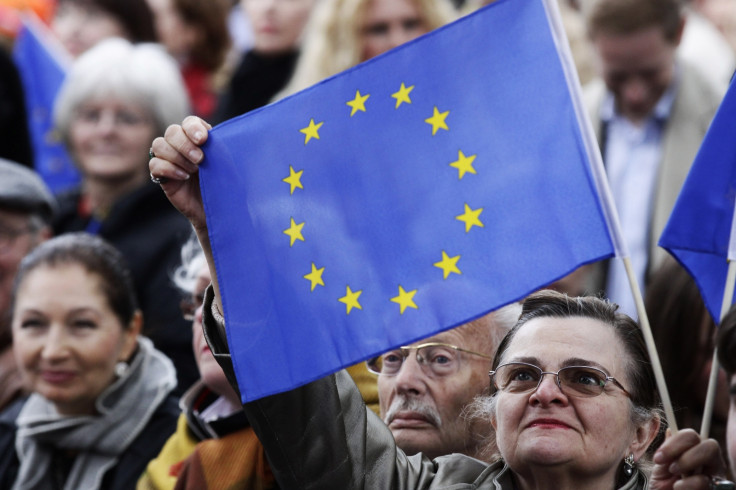Eurozone Economy Not as 'Alarming or Gloomy' as Feared says BoE's Weale

Germany may have narrowly avoided a recession but Bank of England policymaker Martin Weale has insisted that the Eurozone's economic outlook is a lot stronger than analysts and politicians make out.
Speaking to TheBusinessDesk.com, Weale insisted that the 0.2% expansion in the Eurozone economy's third quarter suggested the situation was "not as gloomy as some people had feared" and that he was "looking forward to a positive business year in 2015."
"That's what the Monetary Policy Committee (MPC) is forecasting, but at the same time, you can never be sure," he added.
Weale is one of the more optimistic members at the MPC after being one of the only two people, out of nine, to have voted to hike interest rates in the near term.
The BoE has kept UK interest rates at a record low of 0.5% since 2009.
Economists previously predicted that the BoE would raise rates in the first half of 2015, but they are now forecasting a hike in mid-year, after economic growth slowed and Britons' wage increases remained well below the rate of inflation.
BoE Governor Mark Carney said last week that UK inflation is "more likely than not" to drop below 1% ahead of the 2015 General Election.
"The best collective judgement of the MPC is that Consumer Price Index (CPI) inflation is likely to remain close to 1% over the next year, before returning slowly towards the 2%," said Carney.
"We do not expect a rapid return of inflation to target. Although they are not permanent, the forces subduing inflation today are likely to persist for some time."
Meanwhile, a poll of economists predicted that the BoE will raise interest rates from their current record lows around June 2015.
According to a Reuters' survey of 54 economists, the central bank is tipped to gradually start raising interest rates from the middle of next year, thanks to faltering growth and weak wage increases as well as underlying risks from the Eurozone.
Recent data shows that Germany narrowly avoided falling into recession after the country posted just 0.1% growth in the third quarter this year.
Economists initially feared that Germany would slip into recession, which is commonly defined by two consecutive quarters of negative growth.
Furthermore, the Eurozone's growth and inflation forecasts have been slashed, as pressure mounts on the European Central Bank to take more decisive action to stimulate the region.
A group of 61 economists told the bank that they have downgraded their inflation expectations for 2015 from 1.2% to 1% and from 1.5% to 1.4% for 2016.
© Copyright IBTimes 2025. All rights reserved.






















